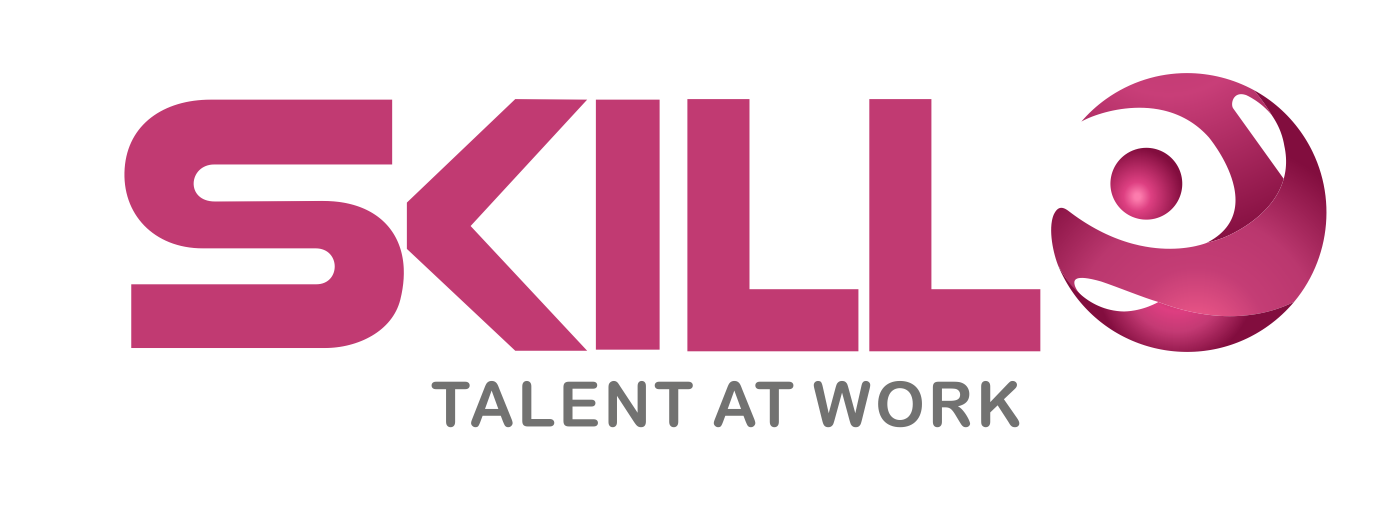
In the first part of this blog series, we explored the fundamentals of quantum computing—what it is, how it differs from classical systems, and the groundbreaking ways it’s being applied in healthcare, finance, logistics, and cybersecurity. Now, we shift our focus to the pioneers leading this technological frontier. From global tech giants to innovative startups, we’ll look at who’s building the quantum future, the real-world challenges they face, and what lies ahead as quantum computing moves from potential to practical. Let’s dive deeper into the world that’s redefining computation as we know it.
Industry Leaders in Quantum Technology
Tech Giants Pioneering the Future
Several major tech companies are at the forefront of quantum development:
- IBM has introduced the IBM Quantum Network, offering quantum systems via the cloud. Its roadmap includes building processors with over 1,000 qubits.
- Google announced quantum supremacy with its Sycamore processor and continues to refine its quantum algorithms and hardware.
- Microsoft focuses on a unique approach using topological qubits and offers Azure Quantum for cloud-based access.
- Amazon launched Braket, its quantum computing service within AWS, giving developers access to multiple quantum systems.
These companies are accelerating the quantum landscape through investments, innovation, and collaboration with academic institutions.
Startups Fueling Quantum Innovation
Startups are playing a crucial role by pushing novel ideas and agile experimentation:
- Rigetti Computing builds superconducting qubit processors and provides a full-stack quantum cloud service.
- IonQ uses trapped ions for more stable qubits and has integrated with major cloud platforms.
- D-Wave specializes in quantum annealing, used for optimization problems.
- PsiQuantum is working on photonic quantum computers, aiming for scalable, fault-tolerant systems.
These companies complement the efforts of larger players, accelerating the transition from lab-scale machines to commercial quantum applications.
Will Quantum Computers Replace Classical Computers?
Quantum computers aren’t meant to replace classical ones. Instead, they are designed to tackle highly complex problems that classical systems struggle with. Everyday computing tasks, like browsing the internet or word processing will remain the domain of classical machines.
Quantum systems will work alongside classical computers in hybrid models. These partnerships combine the strengths of both systems: classical speed and reliability with quantum complexity handling. This approach allows developers to build real-world applications that leverage the best of both computing worlds.
What Are the Current Challenges?
Despite the excitement, several challenges remain:
- Decoherence: Qubits are highly sensitive to their environment, and even minor disruptions can lead to computational errors.
- Error Correction: Creating stable systems requires implementing quantum error correction, which is resource-intensive.
- Scalability: Building machines with thousands of stable, entangled qubits is a monumental engineering task.
- Algorithm Development: Quantum programming requires new languages, frameworks, and specialized expertise.
These challenges are not insurmountable. With continued research and investment, the technology is steadily progressing toward practical applications.
What’s the Future of Quantum Computing?
The future is promising. Within the next decade, we are likely to see:
- Commercially viable quantum applications in healthcare, finance, and logistics.
- Advancements in quantum hardware with systems reaching thousands of reliable qubits.
- A trained quantum workforce and widespread developer access via cloud platforms.
- Quantum-safe cryptographic standards adopted globally.
Governments, tech giants, and startups are working in tandem to realize this future. The field is progressing faster than anticipated, and the next generation of technology may very well be quantum-native.
Conclusion
Quantum computing represents a profound leap in computational capabilities. It’s not merely a faster version of classical technology; it’s a new paradigm for solving problems once thought to be unsolvable. With use cases already emerging across critical industries, the potential impact of quantum systems cannot be overstated. While challenges remain, the pace of innovation is accelerating, and the transition from theory to practice is well underway.
Quantum computing isn’t just coming, it’s here. And it’s poised to redefine what we thought was computationally possible.
